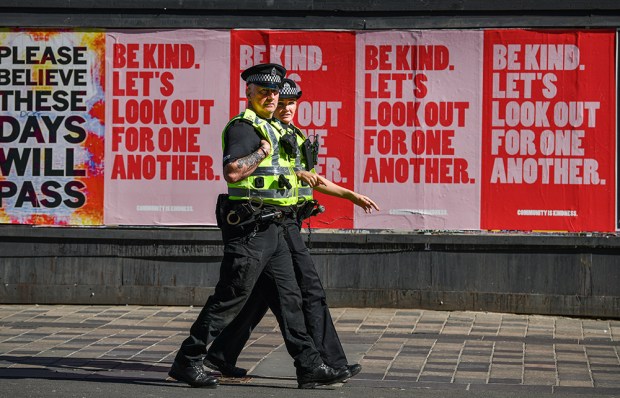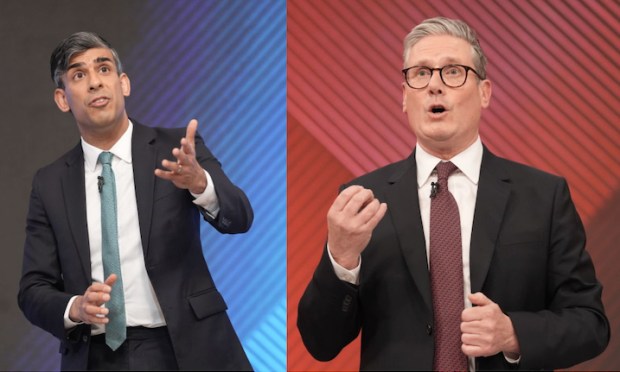The Labour party’s contribution to the national debate this week has included the idea that someone can be ‘superficially’ black. Rupa Huq, a Labour MP, used this phrase to describe Chancellor Kwasi Kwarteng. ‘If you hear him on the Today programme,’ she said, ‘you wouldn’t know he’s black.’ It was a daft yet revealing comment.
Already a subscriber? Log in
Subscribe for just $2 a week
Try a month of The Spectator Australia absolutely free and without commitment. Not only that but – if you choose to continue – you’ll pay just $2 a week for your first year.
- Unlimited access to spectator.com.au and app
- The weekly edition on the Spectator Australia app
- Spectator podcasts and newsletters
- Full access to spectator.co.uk
Or
Unlock this article
You might disagree with half of it, but you’ll enjoy reading all of it. Try your first month for free, then just $2 a week for the remainder of your first year.













Comments
Don't miss out
Join the conversation with other Spectator Australia readers. Subscribe to leave a comment.
SUBSCRIBEAlready a subscriber? Log in